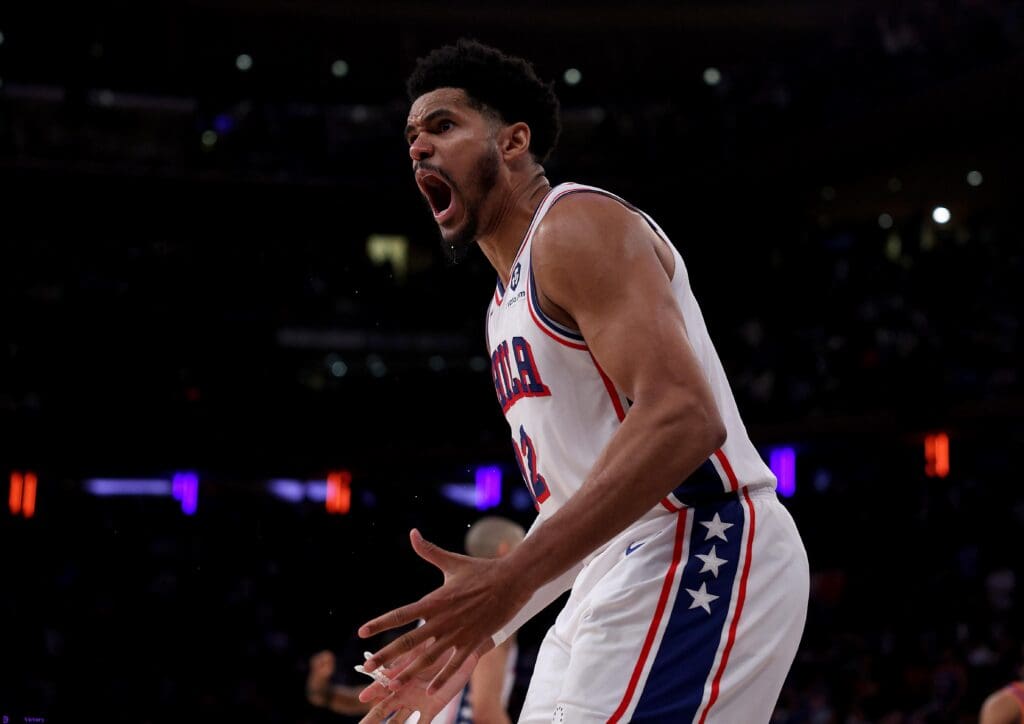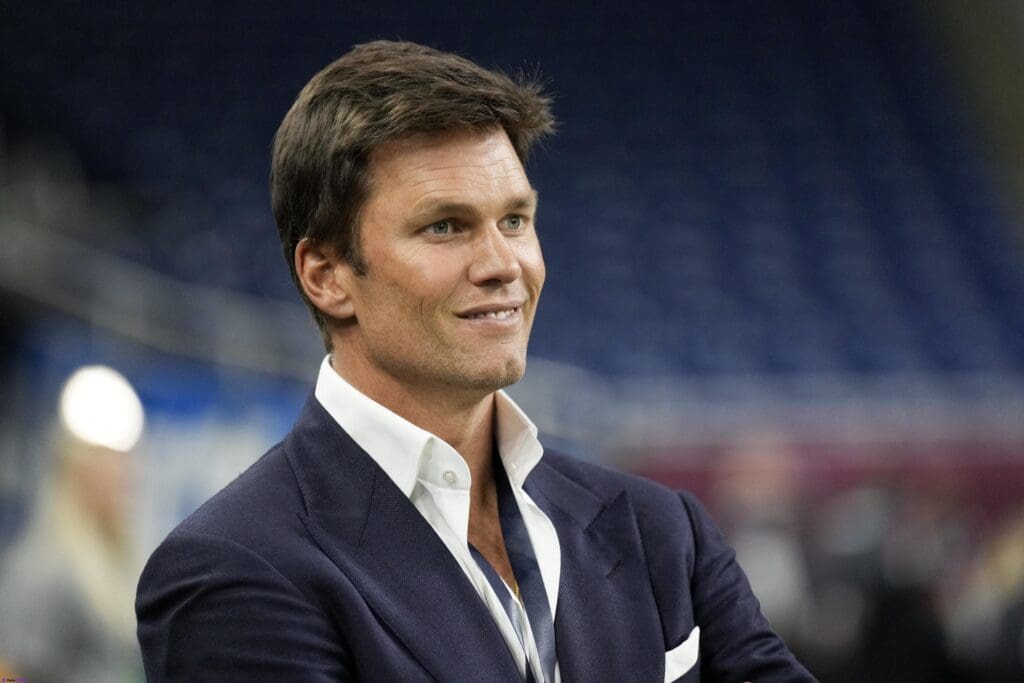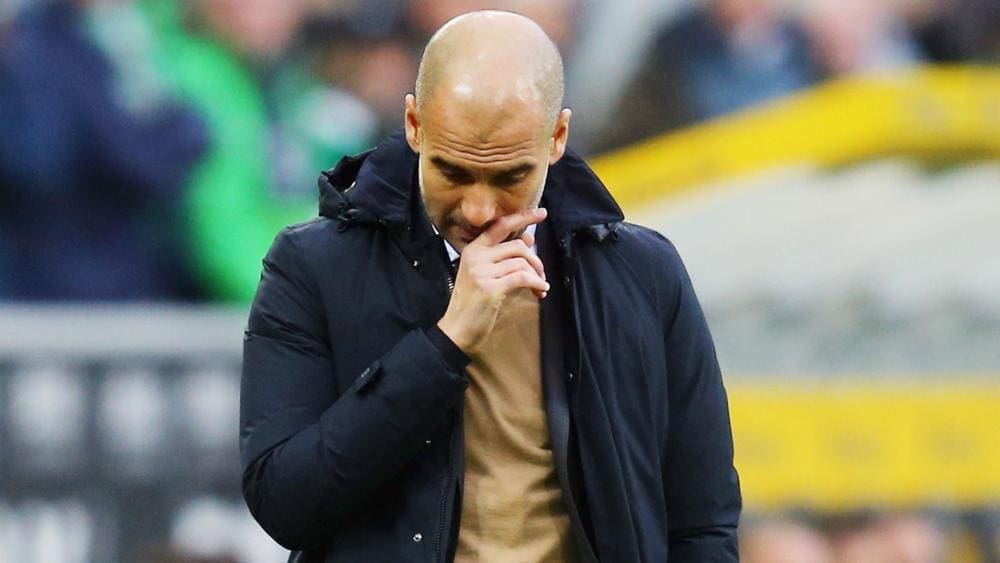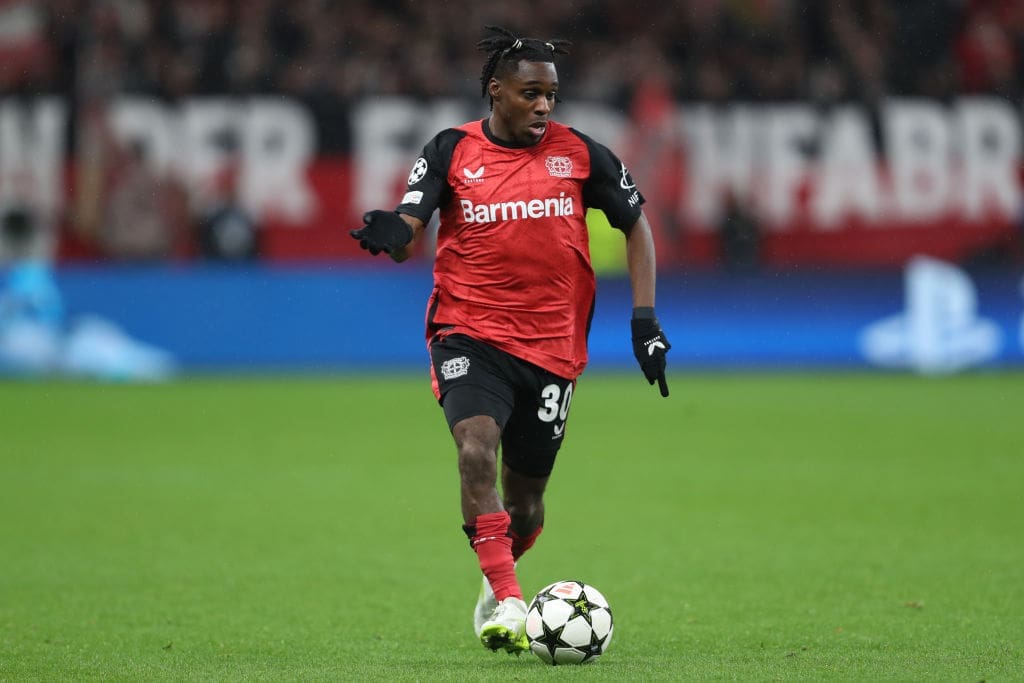The Genesis of Greatness

In the annals of football history, there exists a rivalry that transcends mere competition on the pitch, a clash of titans that ignites the passions of millions worldwide. This rivalry is none other than Liverpool versus Manchester United, a fixture steeped in tradition, drama, and raw emotion.
To understand the significance of this rivalry, one must journey back to the origins of both clubs. Liverpool Football Club was founded in 1892, born out of the ashes of a dispute between Everton FC and the owner of Anfield stadium. United, on the other hand, traces its roots back to 1878 as Newton Heath LYR Football Club, eventually becoming Manchester United in 1902. Despite their disparate beginnings, both clubs would go on to carve out their places in footballing history, each accumulating a trophy cabinet brimming with domestic and international honors.
The rivalry between Liverpool and Manchester United began to take shape in the early 20th century, fueled by geographical proximity, contrasting identities, and a shared ambition for supremacy. Matches between the two clubs became fiercely contested affairs, with players and fans alike fully aware of the significance of victory in these encounters.
As the decades passed, the rivalry only intensified, reaching fever pitch during the 1970s and 1980s when both clubs enjoyed unprecedented success domestically and in Europe. Liverpool, under the stewardship of the legendary Bill Shankly and later Bob Paisley, dominated English football, while United, led by the indomitable Sir Matt Busby and later Sir Alex Ferguson, rose from the ashes of tragedy to reclaim their place among the elite.
A Tapestry of Triumphs and Tragedies
The rivalry between Liverpool and Manchester United is not merely confined to the football pitch; it is woven into the very fabric of their respective cities and cultures. For the supporters of both clubs, these matches represent more than just a sporting contest—they are battles for bragging rights, for supremacy, for the very soul of football itself.
Over the years, the fixture has produced moments of unparalleled drama and emotion, etching themselves into the collective memory of football fans worldwide. From Liverpool's stunning comebacks to United's last-minute winners, each encounter adds another chapter to the rich tapestry of this storied rivalry.
But amidst the glory and triumph, there have also been moments of heartache and tragedy. The Hillsborough disaster in 1989, which claimed the lives of 96 Liverpool fans, stands as a stark reminder of the human cost of footballing rivalry. Similarly, the Munich air disaster in 1958, which claimed the lives of 23 people, including eight United players, serves as a somber testament to the fragility of life.
Yet, it is in the face of adversity that the true spirit of this rivalry shines through. In times of tragedy, the rivalry is set aside, and both clubs come together in solidarity and support. The respect and camaraderie shared between the two sets of supporters serve as a powerful reminder that, beyond the boundaries of the pitch, we are all united by our love for the beautiful game.
As we look ahead to the future, one thing is certain: the rivalry between Liverpool and Manchester United will continue to captivate and enthrall football fans for generations to come. With each passing year, each new chapter added to their illustrious history, the legacy of this iconic fixture grows ever stronger, a testament to the enduring power of sport to unite and inspire us all.
Copyright Notice:
Datavictory copyrights this specification. No part of this specification may be reproduced in any form or means, without the prior written consent of Datavictory.
Link:




